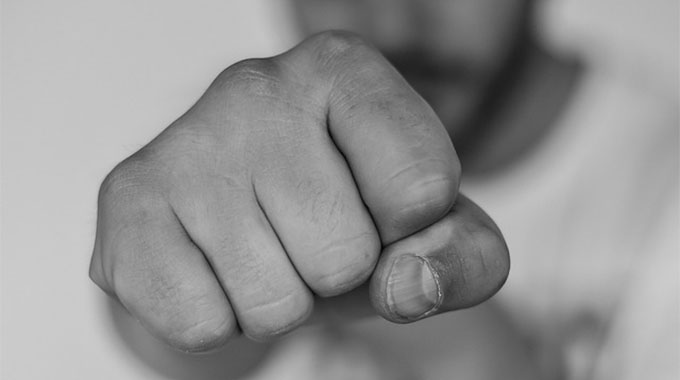 A lot can be said about self defense, but at the end of the day, there is only one true secret: self defense is about the will to survive. This means that everyone can learn proper self defense techniques suitable for his or her situations – even those who are bedridden or house-bound because of an illness or medical accident.
A lot can be said about self defense, but at the end of the day, there is only one true secret: self defense is about the will to survive. This means that everyone can learn proper self defense techniques suitable for his or her situations – even those who are bedridden or house-bound because of an illness or medical accident.
The difference between self defense for the sickly and a healthy person is you have to equip the patient with defense tools as aids since physically, it might be impossible to fight off intruders. At the same time, focus on mental toughness but not at the level of a professional athlete.
Experts in self defense actually believe that the best time to start learning about self defense is when you feel you are at your weakest because it keeps expectations realistic. On the other hand, it is critical that you get self defense tips from the right expert – someone who has worked with the sickly and elderly before.
First, here are some valuable tips on what not to do:
- Don’t use self defense at the first sign of trouble. Sometimes, the person is just angry, depressed, tired. There are times when the caregiver is on edge or the man at the front door is a mailman. If you feel fear, blow a whistle and use scare tactics first.
- Never try to fight on your own if you can call for help.
- Don’t panic.
- Don’t be afraid to use your weapon.
Second, learn to use technology to secure the house and premises. Install CCTV appliances in your front lawn and front door. Aside from open windows, the front door is the most common entry point. There should be an alarm system that will alert someone of an intruder. A system that alerts a third party should have a dedicated line or strong, consistent signal. You could also consider something like a shock detection switch in doorways against forced entries that the patient can switch on to protect himself. If the patient is to be left alone for any period of time, all valuables should be kept hidden from plain sight.
Third, have a back-up power source in case of outages with a emergency light close to the patient. There should also be smoke detectors, first aid kits, and a guard dog. If possible, be neighborly while maintaining privacy and mutual respect between each other.
Fourth, teach the invalid basic defense skills including how to handle a weapon like a gun. However, any weapon should only be given to someone who does not suffer from any mental issue and there should be regular assessments from a medical professional on the mental state of the patient. If you are uncomfortable with having a gun around, get your patient a stun gun or rechargeable stun gun with flashlight. There are quite a number of security gadgets in the market today including an app that sounds like a gun shot.


